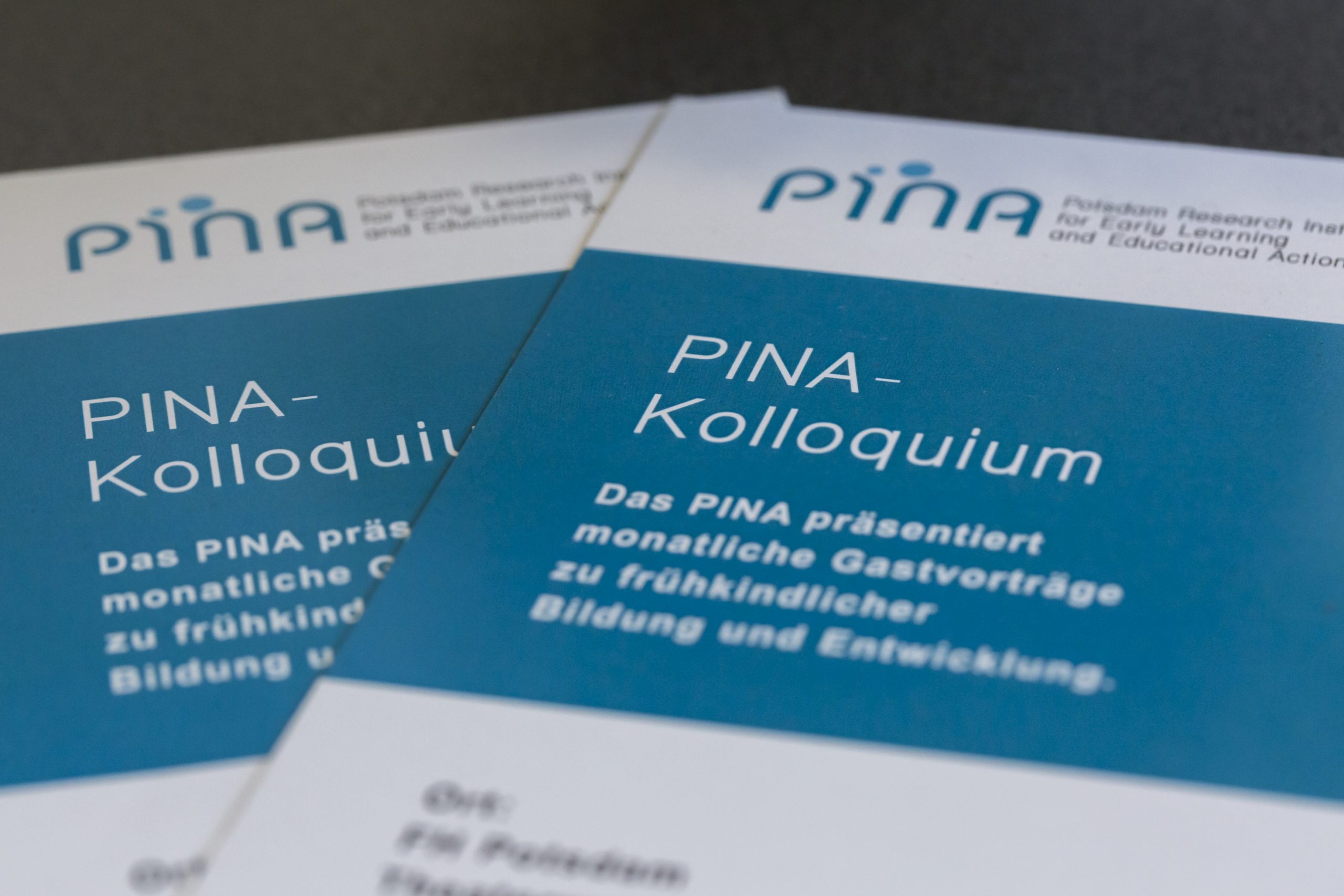
Kolloquium am 21.05.25 mit Nausicaa Pouscoulous
Ort: Online via Zoom
Zeit: 18:00 – 19:30 Uhr
Dr. Nausicaa Pouscoulous
Linguistics, Division of Psychology and Language Sciences, University College London
Children’s metaphor comprehension: what develops?
Figurative terms, such as metaphors, are pervasive in daily language use. To become a competent speaker of a language a child must learn to interpret correctly metaphorical expressions never heard before (e.g., “After her bath, Ann is a hedgehog” when Ann has spiky hair). To do so, the child needs first to recognise the syntactic structure where the metaphorical term appears, understand its literal meaning, then make a full-fledged pragmatic inference, identifying the relevant metaphorical features in context (e.g., spikiness), and ignore the inappropriate literal meaning. Early research suggests this is a slow process, yet recent findings indicate that typically developing children are competent from pre-school years at understanding metaphors when tested with paradigms controlling for the child’s vocabulary, the type of metaphor (novel or conventional) and the cognitive demands of the task. I will present a series of studies investigating the factors which may influence metaphor development in typically developing and atypically developing children.



